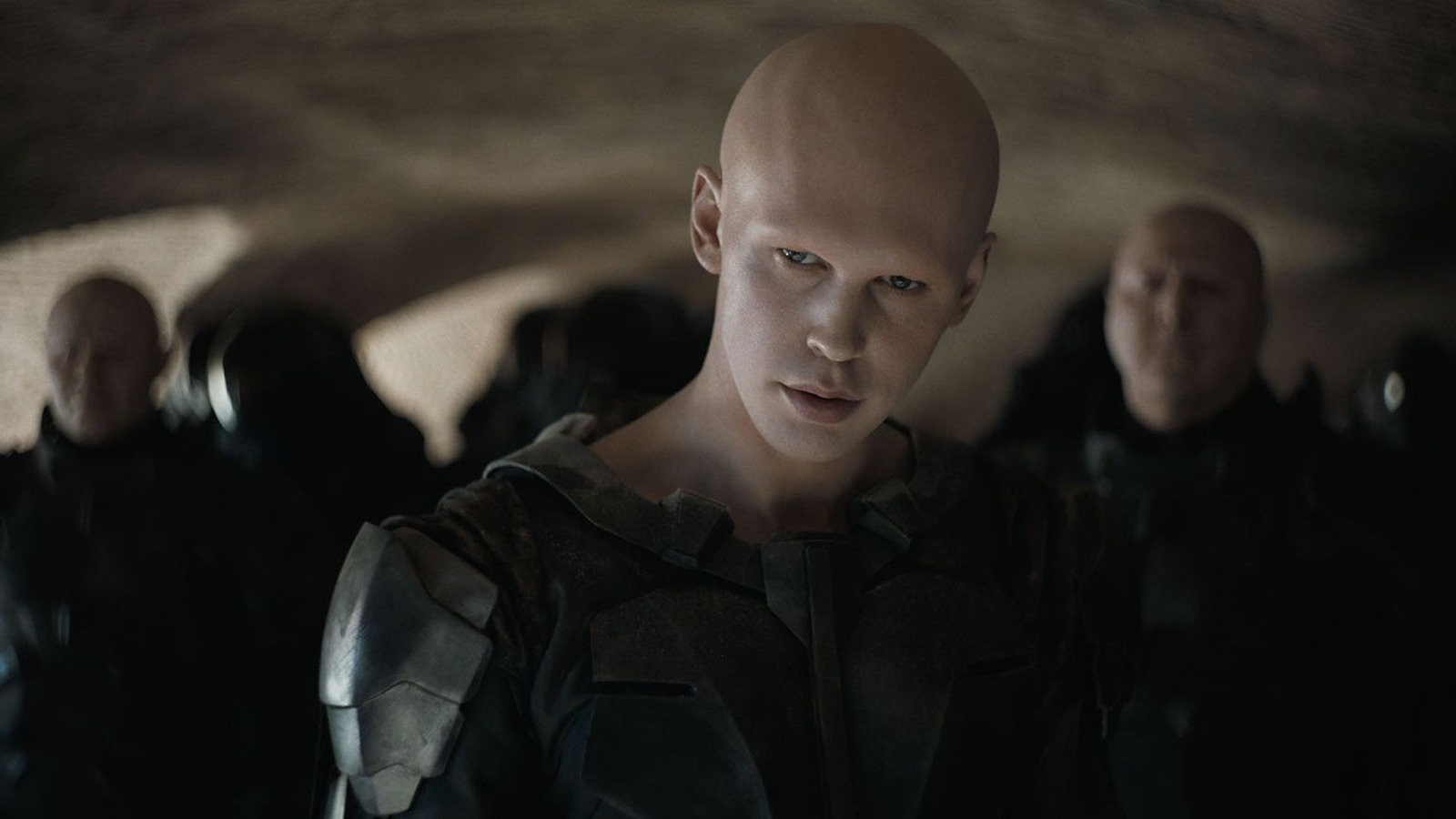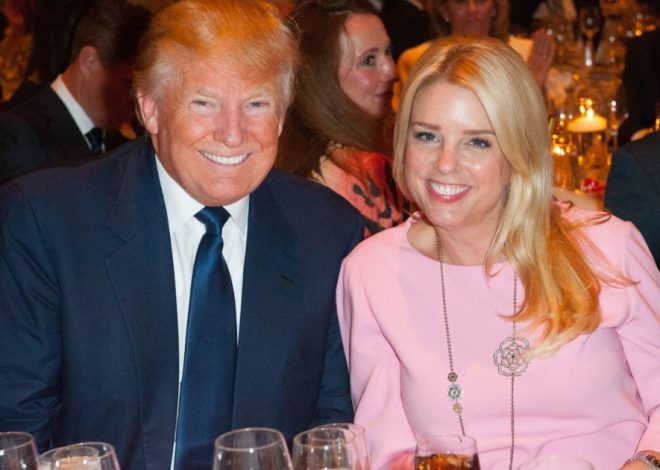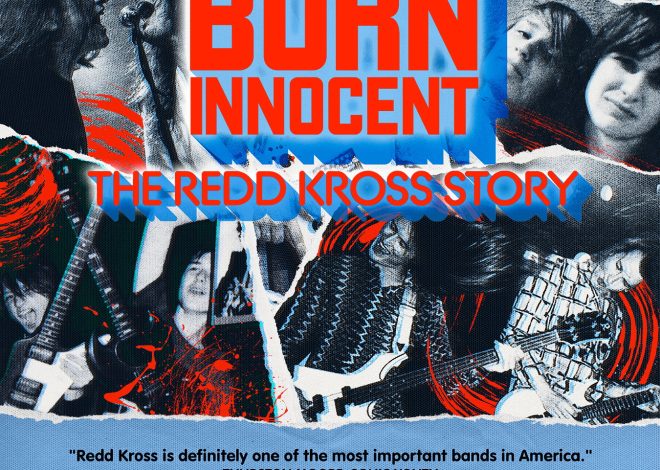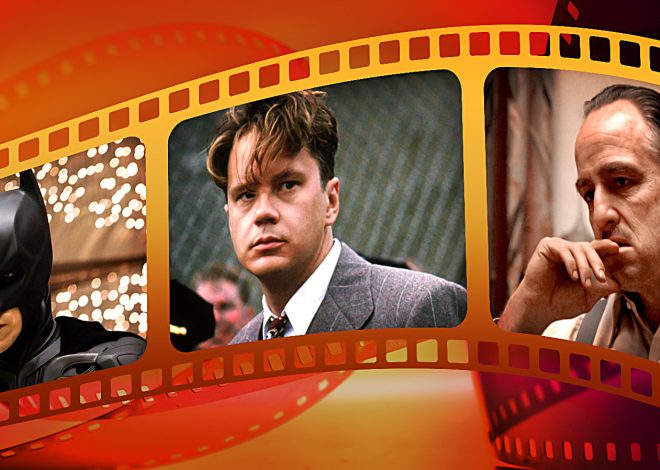
Denis Villeneuve’s Dune Got A Helping Hand From Frank Herbert’s Son
As the Herbert estate cared deeply about the saga’s legacy, Brian Herbert was delighted after Roth wrote him a detailed email about how much “Dune” meant to him personally and the film’s vision that was spearheaded by Villeneuve. “Eric assured me that he loved Frank Herbert’s masterpiece and that he and Denis intended to closely adhere to my father’s story,” the author recalled. He went on to talk about the meetings that he had with Roth regarding “the cinematic potential” of telling a tale about destiny, the hero’s journey, and how these tropes get subverted in unexpected fashion within a dystopian world.
In the earliest stages of script writing, Villeneuve decided to split the original “Dune” book in half to make way for a more meaningful, sprawling saga, and the creative team decided that the first movie would end with Paul’s fateful meeting with the Fremen. Brian Herbert and his associates were involved with the script and worked closely to nudge the director’s vision closer to Frank Herbert’s book. This collaborative back-and-forth birthed a rich, intriguing screenplay that both adhered to the novel’s ethos and diverted from it in meaningful ways. The journey was not smooth though; both “Dune” and its sequel, “Dune Messiah,” are labyrinthine works that sport minute explorations of power, inter-galactic politics, and how these aspects affect the interior lives of their characters.
Apart from incorporating recommendations from the Herbert estate, Villeneuve also worked closely with screenwriter Jon Spaihts (“Prometheus”) to help condense the book’s heady mythology into something more accessible. “It had a grand romance and intelligence I hadn’t encountered before in a book. It felt legitimately profound,” said Spaihts. In the end, years of creative efforts by various artists contributed to “Dune: Part One,” the first installment in Villeneuve’s glorious adaptation of a literary masterwork.


